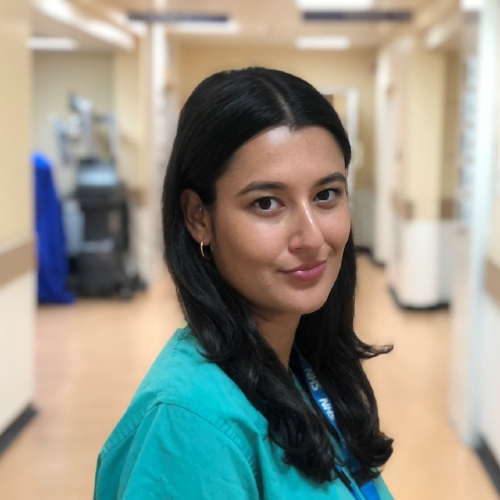As the cost of living rises, it’s more important than ever to know how to effectively budget while you’re at medical school.
Here, former medical student and current academic FY2, Zarnigar Khan, shares her five top tips for making your money go further throughout your course.
1. Keep a weekly budget
Medical school is a long slog, but it doesn’t mean that you have to be poor while studying.
I found that budgeting helped me make my money go further. I budgeted by setting myself a weekly budget and planning ahead for any payments that were coming up, prioritising essentials such as groceries, rent, bills and travel.
Anything extra I would set aside in a separate pot of money for socialising or holidays. This way, I was able to maintain a good quality of life without breaking the bank.
If you do find yourself worried about your finances, most universities will have a finance office with advisers who can support you. They also have funding available for financial hardship, although eligibility for this funding may vary between universities.
2. Get a handle on travel expenses
If, like myself, your placements span a large deanery, you will feel my pain when it comes to travel costs.
The medical school I attended provided us with travel reimbursements from the first year of medical school to cover the cost of travel to placements. The NHS also offers reimbursement for travel to placements during medical school – but you will have to go out of your way to ask for this.
Carpooling with my fellow classmates was very cost-effective and beneficial for the environment. Many hospitals also offer free shuttle buses for NHS employees that you can take advantage of.
3. Look out for student discounts
Student discounts were one of the hardest things to say goodbye to when I left university. Many retailers, gyms, cinemas and restaurants offer student discounts which are usually 10% off your purchase. They are brilliant and most places offer them.
Be sure to register with Unidays or Student Beans. They are platforms that verify your student status, advertise available discounts and provide codes if you’re buying online. The NHS also offer discounts that medical students can use.
Always carry your student card because you never know when it will come in handy – and if in doubt, ask!
4. Don’t buy new textbooks
In almost all cases, you can buy second-hand copies of textbooks from final year medical students who have sat all their exams. You can try eBay or social media to find the best deals available.
Otherwise, make the most of your university library and borrow books. Most universities offer online PDF versions of the books you require, so be sure to check this out.
5. Stay smart when socialising
It’s important to maintain a good social life at university, but that doesn’t mean it has to break the bank. There are lots of social activities that won’t cost you a penny – art exhibitions and trips to the park, for instance.
If you decide to try something like climbing, bowling or going to the cinema, check if there’s a student night with discounts. It’s possible to save a lot of money just by taking advantage of the offers these sorts of places offer.
Whatever your budget – whether you’re receiving a student loan or are self-funded – it’s possible to balance having a good time with maintaining control over your finances.
If you do find yourself struggling, please let someone know. Help is always available!

